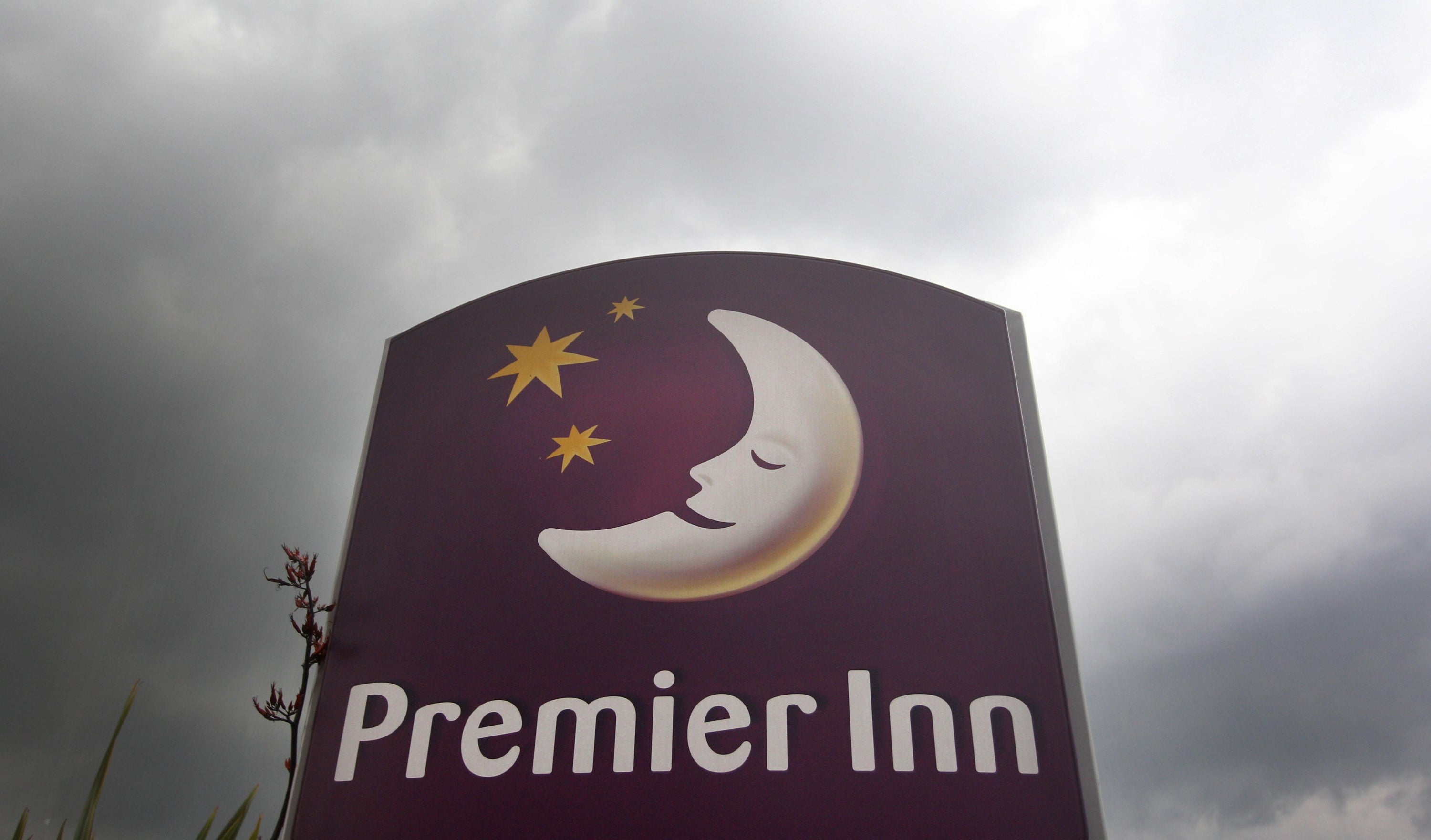Around 3,000 Whitbread employees off work amid Omicron staffing woes
About 10% of the group’s 30,000 employees are off work in the latest sign of the staffing crisis caused by the pandemic.

Your support helps us to tell the story
From reproductive rights to climate change to Big Tech, The Independent is on the ground when the story is developing. Whether it's investigating the financials of Elon Musk's pro-Trump PAC or producing our latest documentary, 'The A Word', which shines a light on the American women fighting for reproductive rights, we know how important it is to parse out the facts from the messaging.
At such a critical moment in US history, we need reporters on the ground. Your donation allows us to keep sending journalists to speak to both sides of the story.
The Independent is trusted by Americans across the entire political spectrum. And unlike many other quality news outlets, we choose not to lock Americans out of our reporting and analysis with paywalls. We believe quality journalism should be available to everyone, paid for by those who can afford it.
Your support makes all the difference.Premier Inn owner Whitbread has revealed around 3,000 of its employees are off work as the Omicron variant takes its toll on workforces and hits trading across its chain.
Chief executive Alison Brittain said about 10% of the group’s 30,000 employees are off work in the latest sign of the staffing crisis caused by the pandemic.
The Government is considering cutting the isolation period from seven to five days to ease worker shortages across the economy.
Ms Brittain said the firm was coping with the staff absences thanks to the flexibility of its workforce and with sickness levels coinciding with its quietest trading period of the year.
She also confirmed Whitbread does not have any mandatory coronavirus vaccination policy for staff and pays 80% of salary for staff off with Covid-related sickness or who are isolating – higher than the usual statutory sick pay offered to its workers.
But the group revealed Omicron has also been knocking sales since the new variant emerged, while it cautioned its cost inflation is set to hit between 7% and 8% this year.
The group saw total UK sales drop 4.4% compared with two years ago in the six weeks to January 6, dragged lower by a 17.2% slump in food and drink revenues due to fears over the variant and restrictions on eating out in Scotland, Wales and Northern Ireland.
Lockdown measures in Germany have also taken their toll on its chain in the country, with hotel occupancy levels plunging 36% over the six weeks.
Whitbread said it was too early to tell the impact of the Omicron hit to trade over the full year, with January and February already traditionally the quietest months for the group.
Whilst our hotel performance was excellent, the value pub and restaurant sector in which we operate remains more challenging
It said it still hopes Premier Inn hotel trading will recover to pre-Covid levels this year, despite the current woes.
The firm also revealed it had delayed about £20 million of planned spending on marketing and refurbishments this year due to supply chain and trading challenges, especially with some materials being hard to source.
It said around £1.4 billion of its cost base is set to be affected by soaring inflation, with rising wages and energy bills among the biggest pressures facing the group.
It hiked wages by 5% in the final quarter of 2021 to help attract and retain staff and is expecting further salary rises in the spring.
But the firm said it hopes to “largely” offset the cost pressures by existing cost saving measures and higher hotel room rates and expanding its estate.
Ms Brittain said: “UK accommodation sales remained resilient in December, albeit softening as we moved through the month and into the festive period as a result of the onset of the Omicron Covid-19 variant.
“Whilst our hotel performance was excellent, the value pub and restaurant sector in which we operate remains more challenging.”
Figures also released for the third quarter to November 25 showed more resilient trading before Omicron struck, with total like-for-like UK sales down 1%.
It said accommodation sales rose 5.5%, while food and drink sales were down 13.4% in the quarter.